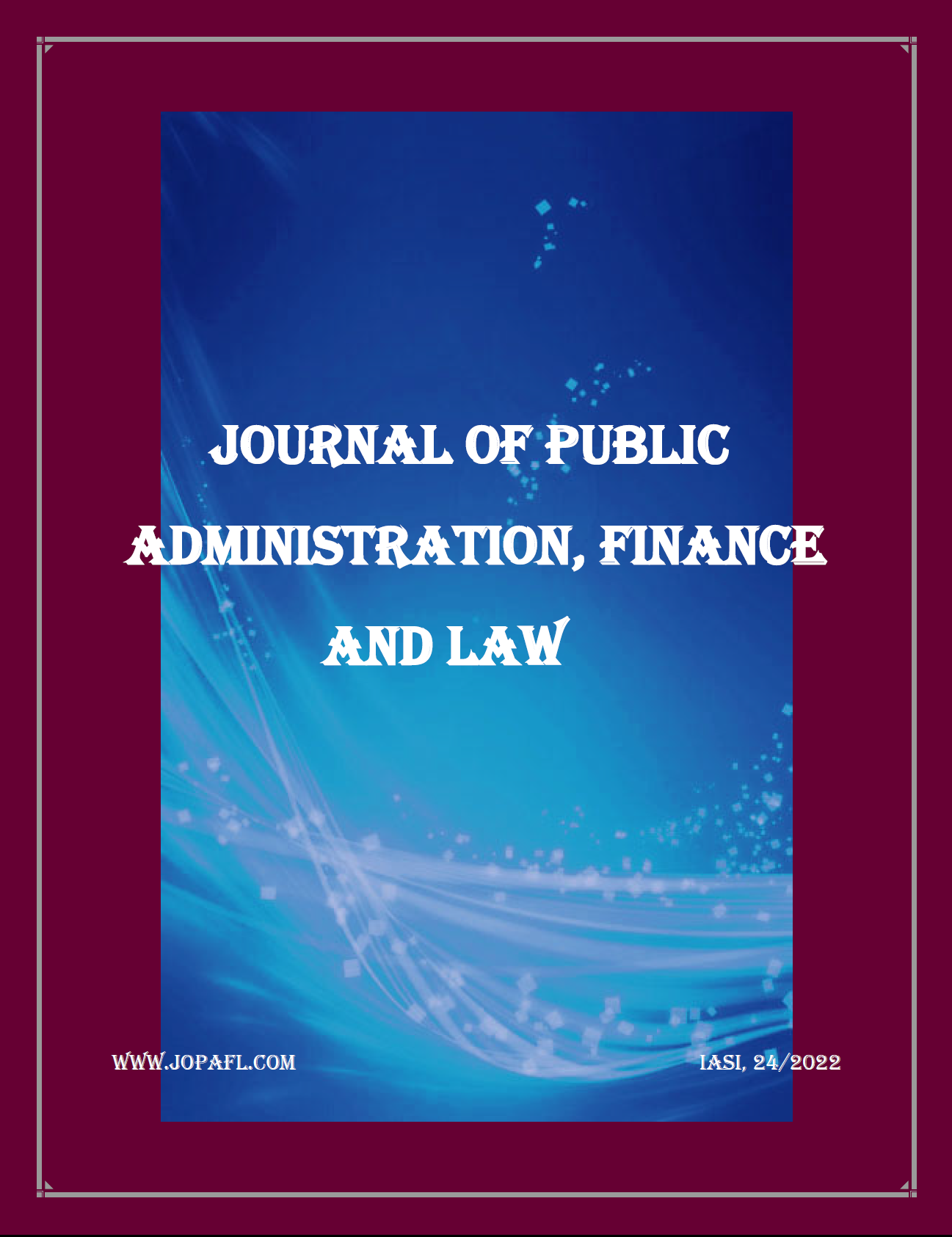FRAMEWORK FOR THE CONTRIBUTIONS AND CONSTRAINTS OF THE INFORMAL ECONOMY ON DOMESTIC ECONOMIC GROWTH IN SOUTH AFRICA
FRAMEWORK FOR THE CONTRIBUTIONS AND CONSTRAINTS OF THE INFORMAL ECONOMY ON DOMESTIC ECONOMIC GROWTH IN SOUTH AFRICA
Author(s): P. B. Mahlangu, Emmanuel Innocents Edoun, Neels Van HeerdenSubject(s): Economy, National Economy, Economic development, Socio-Economic Research
Published by: Editura Tehnopress
Keywords: Framework; Contributions; Constraints; Informal Economy; Domestic Economic Growth; Thembisile Hani Local Municipality; South Africa;
Summary/Abstract: The informal economy is very crucial when managing local economic growth but its effectivity seems to be reluctant in South Africa despite efforts from the locals. This study seeks to design a framework for the contributions and constraints of the informal economy on domestic economic growth in the Thembisile Hani local municipality in South Africa. The current study follows a quantitative approach to investigate on the research variables that impact the expansion of the domestic economic growth. It uses a Likert scale type of questionnaire for data assemblage. The SPSS version 22 was used for the statistical analysis of research data. The reliability and validity of the research variables and the used instrument were confirmed with a Cronbach’s Alpha coefficient of .979. Research findings revealed that 96.1% of the domestic economic growth is explained by the behaviour of the employment opportunities, government support, convenient regulations and infrastructures, conducive local municipality and poverty solution. The correlation and the regression analysis showed that relationship between the domestic economic development and its variables was positive and significant with a P-value of .000 at the significance level of 1%. The study proposed an informal sector management framework that include constraints of the informal economy, the imperfectly defined guiding framework in addition to the indifferent state approach towards informal economy. Findings showed that constraints of the informal economy include the limited access to funding, trading infrastructure, skills development as well as the lack of state recognition besides the extension of shopping malls to the townships and villages. The revised framework comprises an additional section for the positive implications such as the employment creation, poverty reduction, investment prospects and a vibrant local economic development once the restrictions of the informal economy are relieved by the local municipality and the government. The revised framework therefore constitutes a legitimately defined tool for the effective implementation of the informal economy as foundation for a sustainable local economic development in the South African municipalities.
Journal: Journal of Public Administration, Finance and Law
- Issue Year: 12/2022
- Issue No: 24
- Page Range: 158-171
- Page Count: 14
- Language: English

